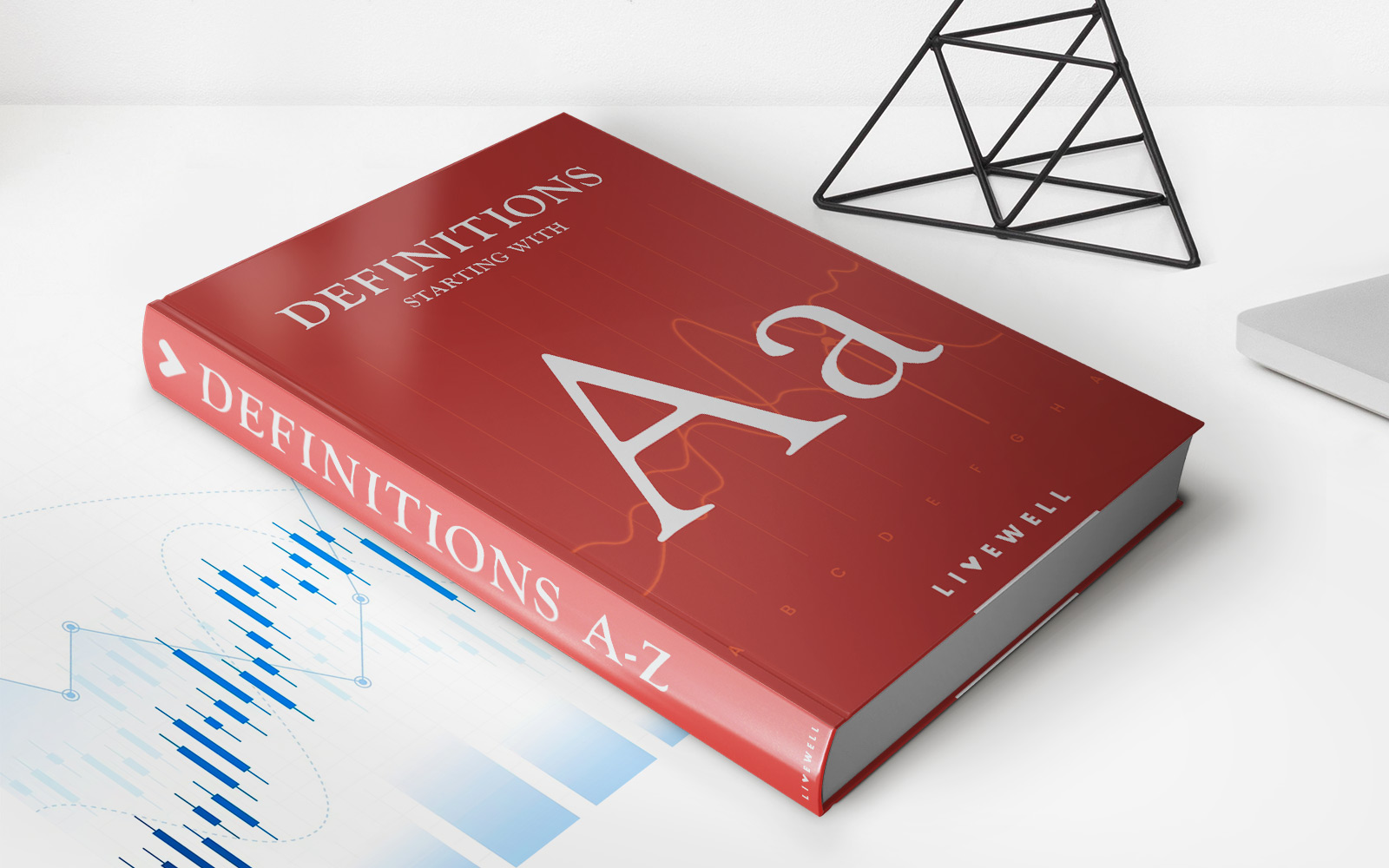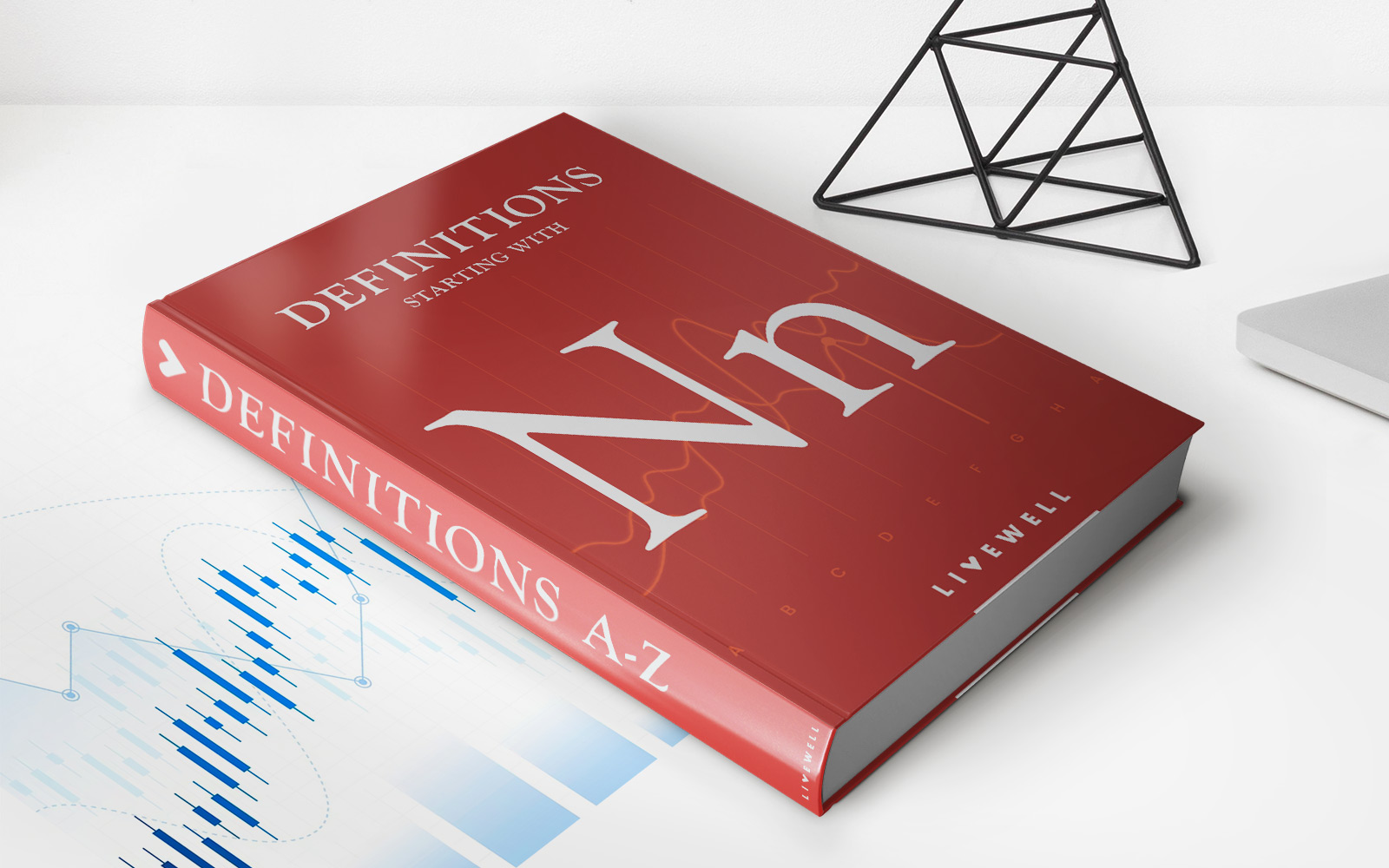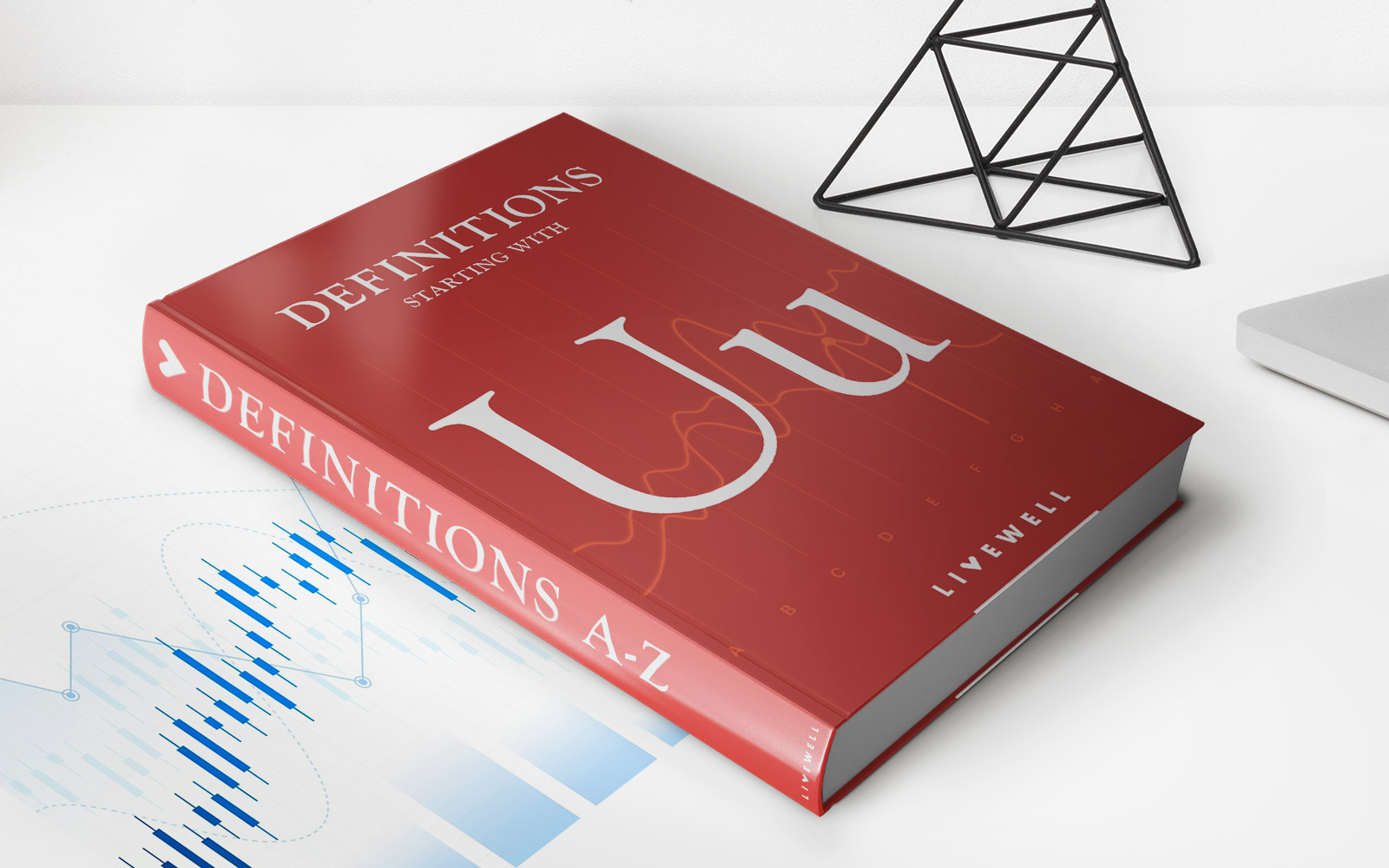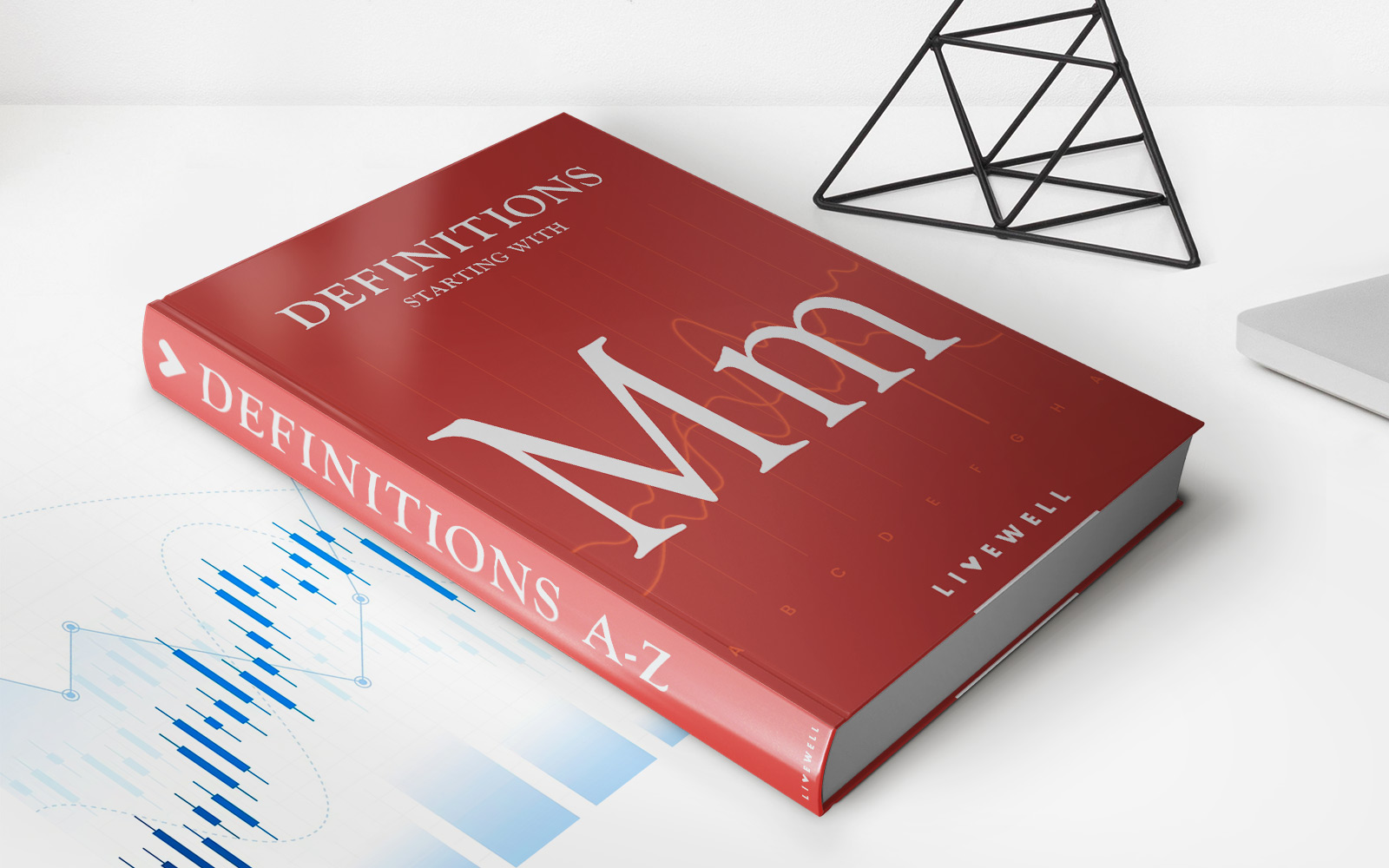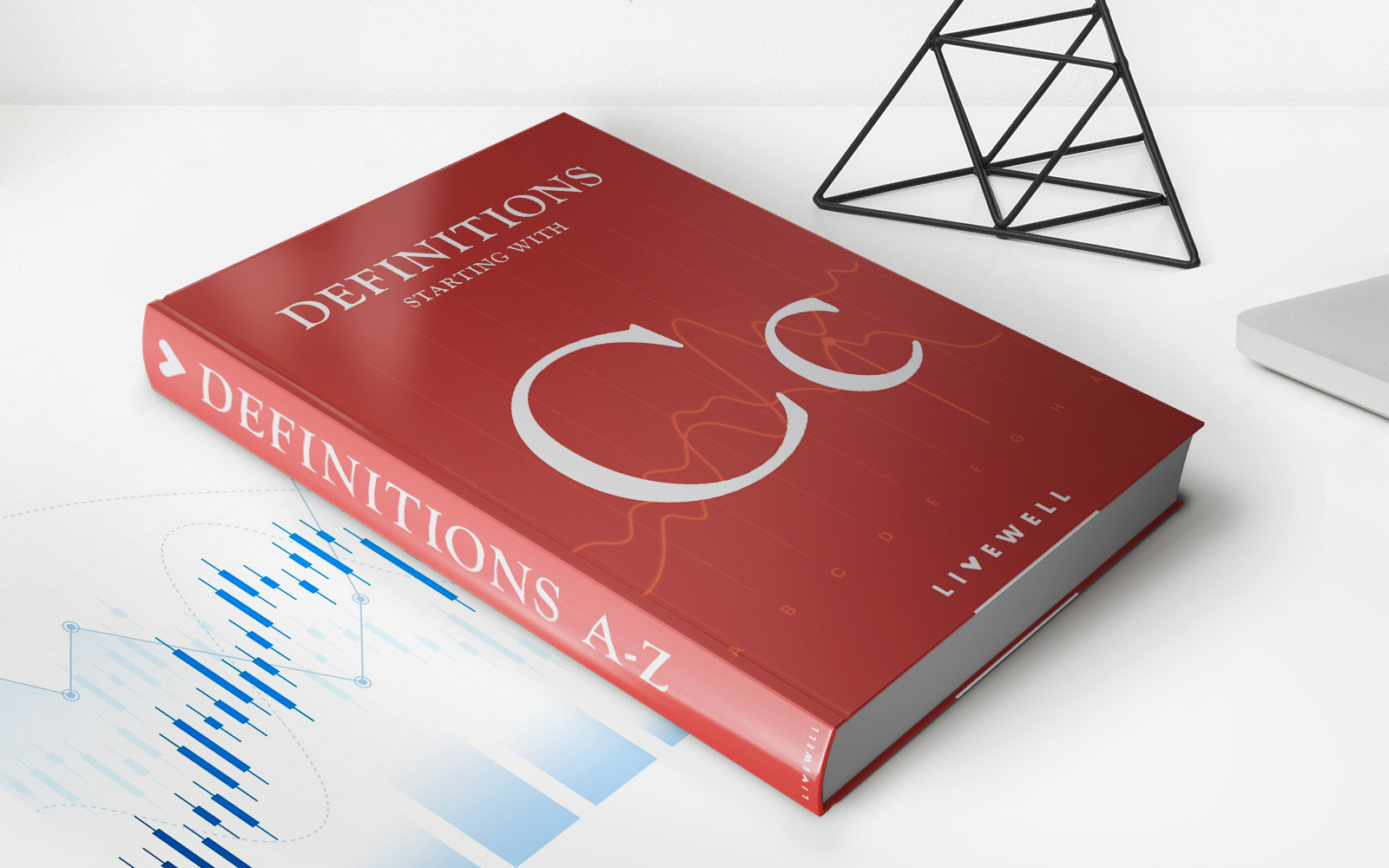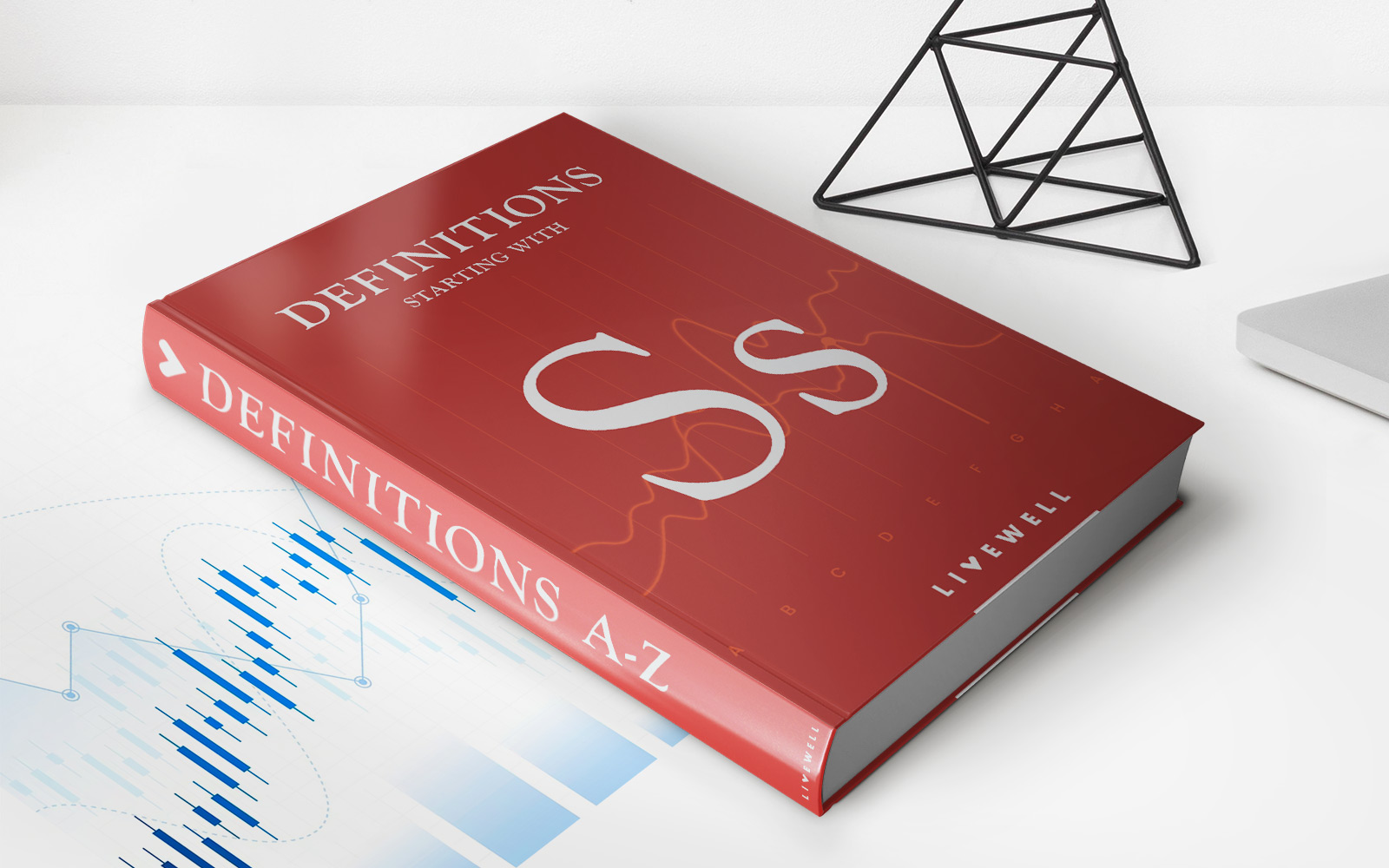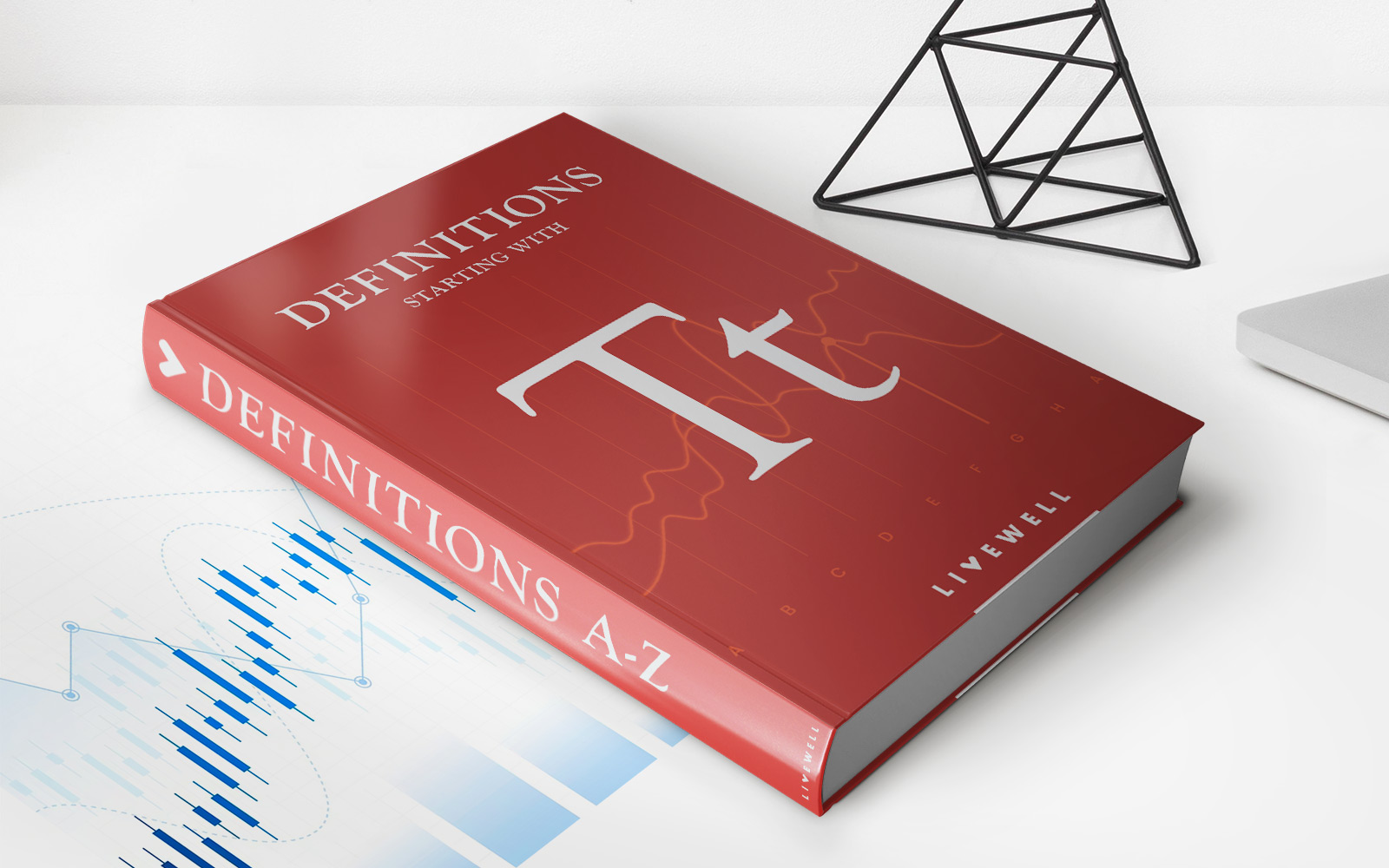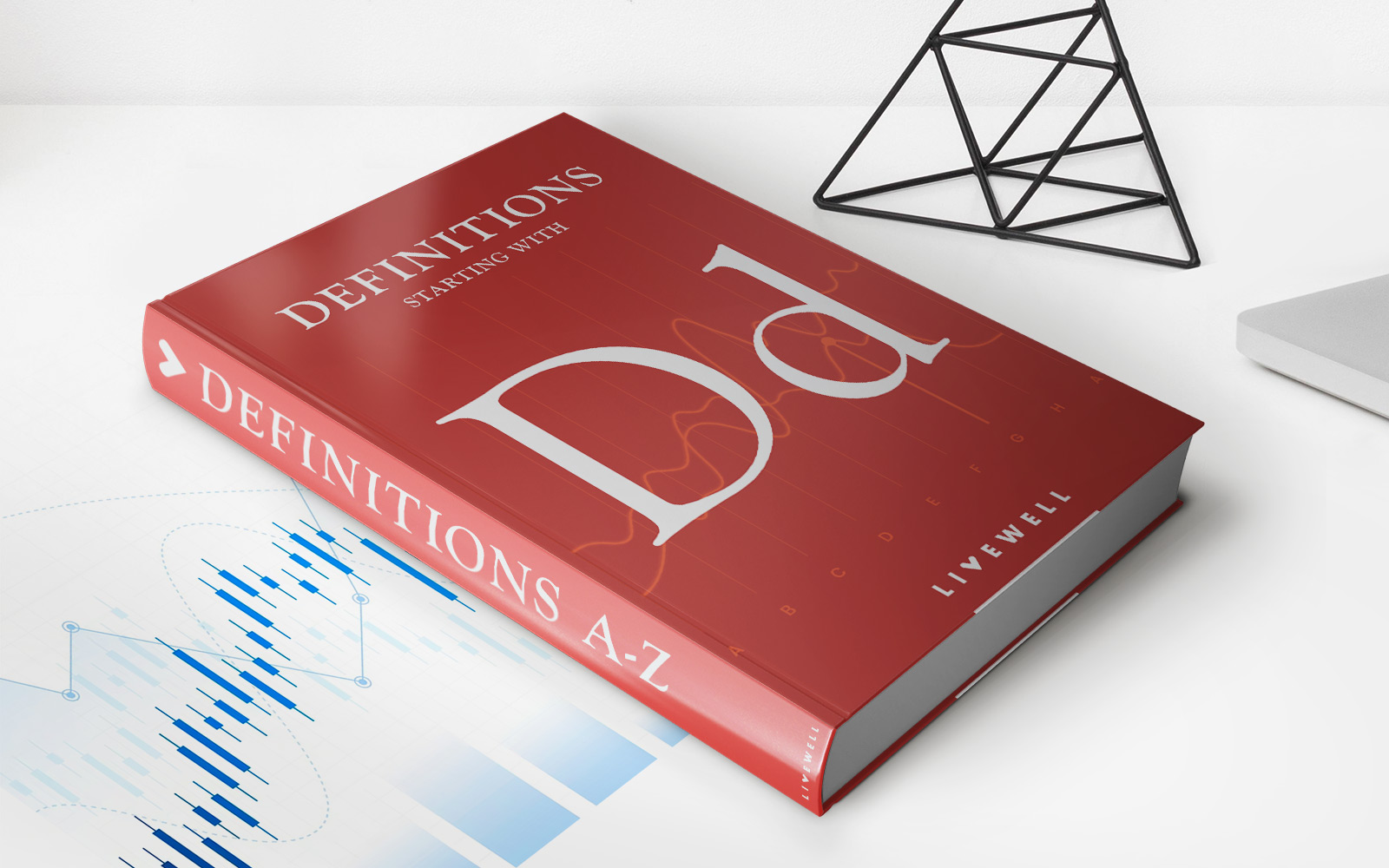

Finance
Defining And Understanding Viager Transactions
Published: November 9, 2023
Learn about viager transactions in the finance industry and gain a clear understanding of this unique form of real estate investment.
(Many of the links in this article redirect to a specific reviewed product. Your purchase of these products through affiliate links helps to generate commission for LiveWell, at no extra cost. Learn more)
Defining and Understanding Viager Transactions: A Comprehensive Guide
Welcome to our FINANCE category, where we delve into various aspects of the financial world. In this article, we will explore the intriguing world of viager transactions. Whether you are a homeowner looking to sell your property or an investor seeking unique investment opportunities, understanding viager transactions is essential. So, let’s dive in and uncover the key aspects of this fascinating financial arrangement.
Key Takeaways:
- Viager transactions provide a unique way to buy or sell property, primarily in France.
- Viager transactions involve a complex financial arrangement where the seller receives a lifelong income but agrees to transfer ownership of the property upon their passing.
What Are Viager Transactions?
Viager transactions are a unique form of real estate transactions primarily found in France. This arrangement allows homeowners to sell their property and receive an income for the rest of their lives, while the buyer gains ownership of the property upon the seller’s passing. While viager transactions may seem unusual at first, they offer several advantages for both parties involved:
- For the seller:
- Provides a steady and guaranteed income for life, regardless of economic conditions.
- Allows sellers to stay in their homes until they pass away, maintaining their quality of life.
- Provides an opportunity to secure their financial future without worrying about property maintenance or market fluctuations.
- For the buyer:
- Enables the acquisition of a property at a potentially lower price, as the buyer only pays a portion upfront and benefits from the seller’s age-affected price reduction.
- Offers an opportunity to invest in real estate while receiving a regular income during the seller’s lifetime.
- Cuts down on the time, effort, and costs typically associated with purchasing a property.
How Do Viager Transactions Work?
Viager transactions involve several key elements and steps:
- Agreement between the seller (the “crédirentier”) and the buyer (the “débirentier”) on the terms of the viager transaction, including the upfront payment and monthly income amount.
- The seller receives the upfront payment (the “bouquet”) at the beginning of the transaction. This amount is typically lower than the market value of the property.
- The seller continues to live in the property, maintaining it and paying the regular expenses (such as property taxes and maintenance costs) during their lifetime.
- The buyer starts paying the agreed-upon monthly income (the “rente”) to the seller. This amount is usually based on the seller’s age and the property’s value.
- Upon the seller’s passing, the buyer becomes the full owner of the property.
- If the seller lives longer than anticipated, the buyer continues to pay the monthly income until the seller’s passing.
Key Advantages and Considerations
Viager transactions offer unique advantages, but they also require careful consideration:
- Advantages for sellers:
- Guaranteed income for life
- Opportunity to maintain their quality of life
- No property maintenance responsibilities
- Advantages for buyers:
- Potential property acquisition at a discounted price
- Regular income during the seller’s lifetime
- Reduced time and costs associated with property purchase
- Considerations:
- Seller’s age impacts the upfront payment and monthly income
- Buyer bears the risk of the seller outliving the expected lifespan
- Properties available for viager transactions can be limited
- Legal documentation and expert advice are crucial
Conclusion
Viager transactions provide an innovative and advantageous way for homeowners to sell their properties and secure a lifelong income, while also offering unique investment opportunities for buyers. If you’re considering a viager transaction, be sure to do your due diligence, seek professional advice, and evaluate the potential benefits and considerations involved. Viager transactions may not be suitable for everyone, but for those looking for a distinct financial arrangement, they can offer a compelling solution.


